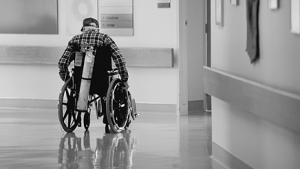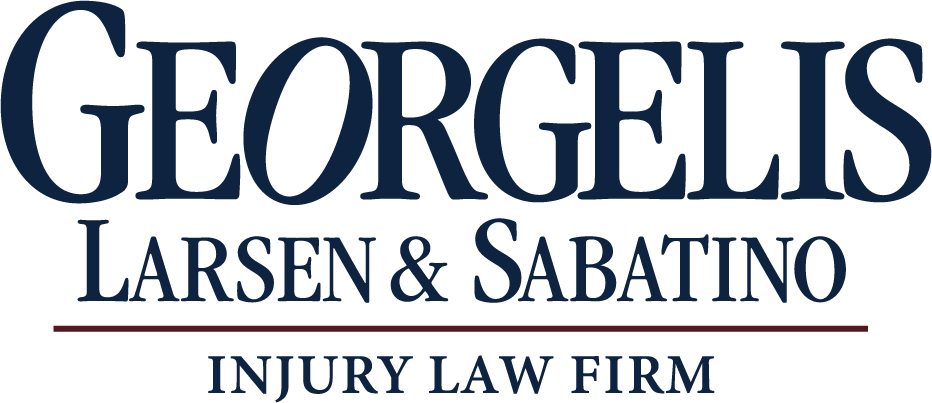As loving family members, we always want to do right by our elders. Deciding to place a parent, grandparent, aunt, or uncle in an assisted living facility is often a difficult choice, and we want to make sure they go somewhere they are treated with dignity and respect, while also receiving the care they need.
Sadly, there are nursing homes and care facilities right here in the Central Pennsylvania area who do not take the treatment of our loved ones as seriously as they should. If you find that your loved one has been a victim of abuse or negligence while staying in a nursing home, rehabilitation center, or any other long-term care facility, then you owe it to them to take the proper action to make them safe and to speak with an attorney who can give you your legal options and answer your questions.
Signs of abuse or neglect
While some signs of nursing home neglect are obvious to detect, it is important to understand that victims of abuse may be unable or unwilling to speak out. If your loved one exhibits any of the following signs, you should contact a lawyer for legal advice on how to proceed:
- Evidence of malnourishment
- Dehydration
- Uncleaned or soiled bed linens and bath towels
- Poor hygiene and disheveled appearance
- Bedsores, skin lesions, and rashes
- Unexplained bruises, fractures, and lacerations
Likewise, if you find that your loved one has been injured in a fall, suffers from untreated medical conditions or infections, mix-ups with medication, or depression and anxiety, then you should consider seeking legal advice.
What are my loved ones’ legal rights?
If you enter a relative or loved one into a long-term care care facility, you need to be aware of their rights. Pennsylvania and federal regulations guarantee your rights to the following:
- A copy of the facility’s policies and procedures
- A statement of services and costs
- Participate in medical care planning, choose doctors, and refuse treatments
- Confidentiality of personal and medical records
- Manage your own finances
- Own clothes and possessions
- Privacy, dignity, and respect
- Freedom from mental, physical and sexual abuse, exploitation, or neglect
- Freedom from physical or chemical restraints
- Protection against involuntary seclusion
- Express a grievance without fear of retaliation
- Refuse discharge or transfer without just cause
- Receive visitors
How can I help protect them from abuse?
Properly researching the best facility for your loved one doesn’t guarantee abuse and neglect will not still occur. Even if you have no reason to suspect abuse of any kind, be sure to pay special attention to what your loved ones are saying. Oftentimes, they may feel unable to speak out, but if you notice recurring complaints about untreated symptoms, pain, or complaints about the staff, that may be their way of reaching out for your help. It may be difficult for you or your loved one to speak up, but know that by doing so, you are also protecting the other residents.
If you suspect abuse, you need to report your concerns to the authorities immediately, and then contact a lawyer for advice. The Georgelis, Larsen & Sabatino Injury Law Firm, P.C. will guide you through the process of notifying the appropriate authorities, while acting as the voice for your family member. Our lawyers combine respect and compassion with years of experience protecting the rights of elderly abuse victims. We’re available to meet with you during evenings and weekends, and we’ll even make home, hospital, and rehabilitation center visits if you are unable to come to our office.





